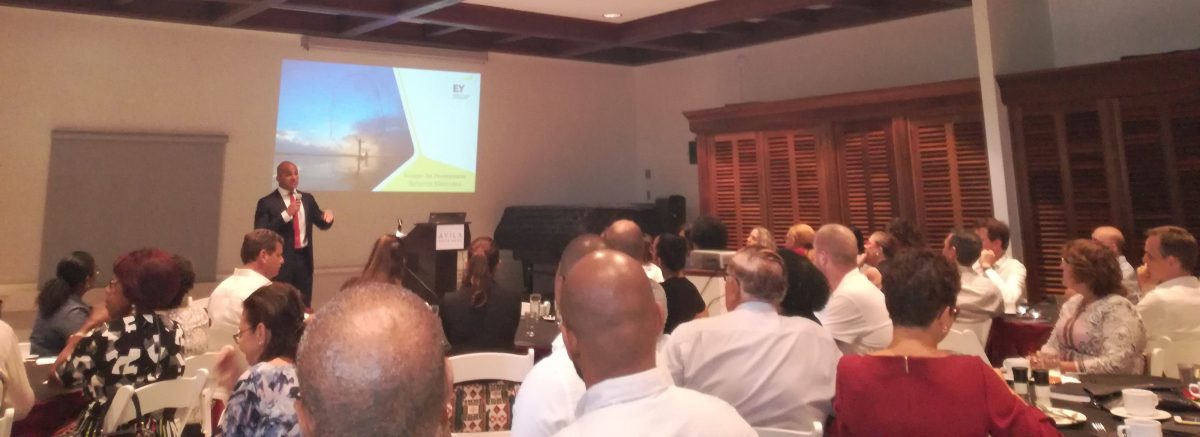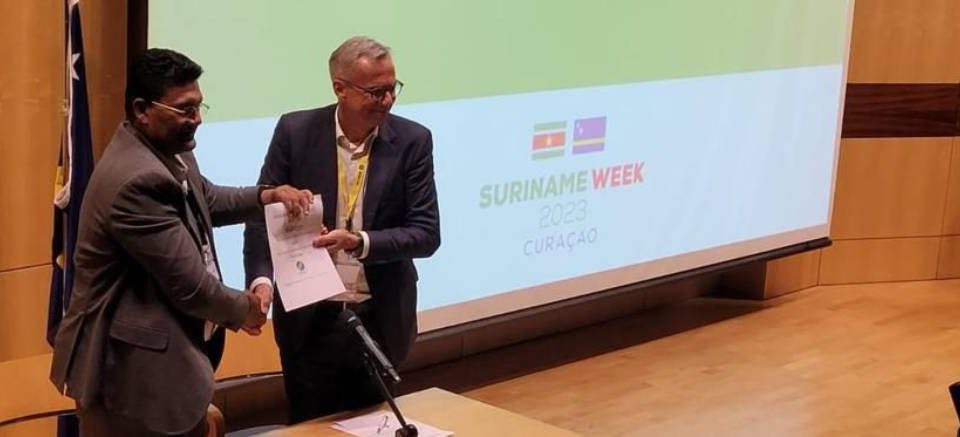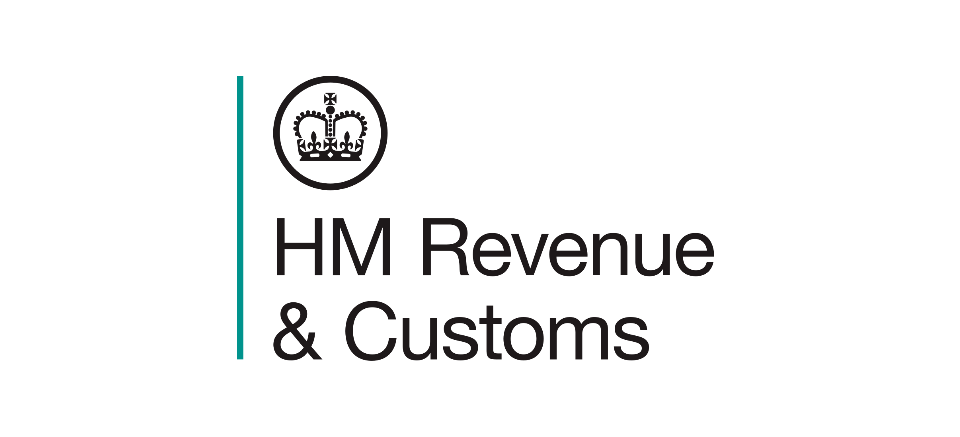- Contact us
- +599-9 461 4545
- info@dcsx.cw
Curaçao Tax Developments

We’ve Moved!
June 6, 2018
DCSX expands Executive Team
October 2, 2018Curaçao Tax Developments

On August 31, 2018, STEP (Society of Trust & estate Planners) Curaçao organized a luncheon to discuss the local tax developments. Curaçao recently introduced tax legislation to implement the required minimum standards of the Organization for Economic Cooperation and Development (“OECD”). These amendments were necessary to avoid sanctions from members of the OECD Global Forum and the European Union. These amendments were discussed during the presentation, as they are significant and have a far-reaching impact on the tax position of local and internationally-orientated companies in Curaçao. The presentation was given by Mr. Terrence Melendez, Senior Tax Manager at EY Dutch Caribbean. During the presentation, the following tax regimes were discussed.
Export and international trading companies applying the former export regime
The export regime as we used to know it has been replaced by a new regime that distinguishes between domestic and foreign-sourced income. Domestic-sourced income is in principle taxed at a rate of 22% (in 2018) whereas foreign-sourced income is fully exempt from profit tax.
The following income is regarded as foreign-sourced income:
- Profits derived by a Curaçao tax resident entity through a permanent establishment or
permanent representative in another jurisdiction; - Profits derived by a Curaçao tax resident entity from immovable property in another jurisdiction;
- Profits related to the delivery of goods and rendering of services to customers residing or established abroad and income derived from local assets in so far these assets are used for the aforementioned activities. The administration of the taxpayer must be organized in such a manner that all revenues and directly related costs derived from such activities can be determined.
The Profit Tax exemption for foreign-sourced income will not apply for income derived from:
- Insurance and reinsurance services;
- Management and other trust services;
- Services provided by notaries, lawyers, public accountants or tax advisors;
- Services related to the above;
- Intellectual property;
- Shipping activities.
Upon request, a transitional arrangement applies to companies already making use of the export regime before July 1, 2018. Said companies can apply the export regime ultimately up to and including December 31, 2018. The transitional arrangement does not apply to income from intangible assets.
Tax-Exempt Company
The Tax-Exempt Company as we used to know it has been converted into the Curaçao Investment Company (CIC) which is subject to 0% profit tax. There are several cumulative requirements to comply with in order to considered a CIC. For the most part, these requirements are similar to those for the Tax-Exempt Company. However, to be considered a CIC a substance requirement has been introduced, which requires the company to have a real presence in Curaçao.
Real presence is deemed to exist if the CIC performs the income generating activities and:
- Has an adequate number of qualifying full-time employees, appropriate for the nature & extent of activities of entity or group; and
- Has an adequate amount of annually recurring local operating costs, appropriate for the nature & extent of activities of entity or group.
Transitional arrangement applies to companies that were considered Tax-Exempt Companies before July 1, 2018, up to and including December 31, 2018. The transitional arrangement does not apply to income from intangible assets.
IP Company
As of July 1, 2018, special rules apply to income derived by a taxpayer from intellectual property and other intangible assets (hereafter jointly referred to as “IP”). Following the so-called ‘nexus’ approach of the OECD, income from IP in Curaçao may only be subject to a low profit tax rate or an exemption to the extent that the income is realized from IP for which research and development (R&D) is performed in Curaçao or from IP developed for the account and risk of Curaçao tax resident entities by a foreign unaffiliated enterprise. Therefore, as of July 1, 2018 the Curaçao company with IP should assess whether the income it receives is derived from a so-called qualifying IP.
Qualifying IP are intangible assets ensued from R&D activities for which the taxpayer obtained a R&D certificate issued by an institution yet to be designated by National Decree (hereinafter: the “Institution”) and:
- in respect of which a patent or breeder’s right has been granted to the taxpayer or in relation to which the application process for a patent or breeder’s right is ongoing;
- which has the form of copyrighted software;
- in respect of which a permit to place a medicinal product on the market has been granted;
- in respect of which the taxpayer obtained a supplementary protection certificate from a patent office or a similar body;
- in relation to which the taxpayer obtained a registered utility model for the protection of innovation; or
- which is related to an intangible asset mentioned under 1 to 5.
The requirements mentioned under 1 through 6 above will not apply to a taxpayer in Curaçao which can be regarded as a ‘small taxpayer’ and has a R&D certificate issued by the Institution in respect of IP with similar characteristics.
A taxpayer may be regarded as a ‘small taxpayer’ if:
- The amount of the benefits received by the taxpayer in the course of the financial year itself and the four preceding financial years from intangible assets that have ensued from R&D activities for which the taxpayer obtained a R&D certificate issued by the Institution (increased with the expenses to obtain mentioned benefits in those years) does not exceed ANG 75,000,000; and
- The total net turnover of the taxpayer (or of the group to which the taxpayer belongs) does not exceed ANG 500,000,000 according to the (consolidated) financial statements of the financial year itself and the four preceding financial years. For these purposes, net turnover means the proceeds from the supply of goods and services by the taxpayer (or the group to which the taxpayer belongs) after deduction of discounts and taxes levied on turnover.
As a general rule may serve that a taxpayer may apply for the reduced tax rate of 0% for qualifying income from qualifying IP upon filing the profit tax return and based on the so-called ‘nexus formula’.
All income from non- qualifying IP will be taxed at the general rate of 22% (in 2018).
E-Zone Company
The changes to the economic zone (E-Zone) legislation can be summarized as follows.
- International-focused services and electronic services will no longer be able to take place from an E-Zone. The use of the E-Zone is limited to the trade in goods. The only services that continue to be allowed in an E-Zone consist of the repair or maintenance of machines or other equipment from abroad, or to provide repair and maintenance services abroad to the extent that goods stored in the E-Zone are used to render these services, and the packing and storage of commercial goods.
- Companies established in the E-Zone are required to meet the statutory minimum substance requirements, as also explained above.
- The profit tax rate of 2% will apply to all E-Zone profits, regardless of whether these profits are derived from goods supplied to customers residing in Curaçao or abroad.
- The transfer of goods from an E-Zone to a bonded warehouse is no longer exempt from import duties and turnover tax.
The wording as contained in the E-Zone legislation on June 30, 2018, will remain applicable to companies which were subject to the E-Zone regime before July 1, 2018, through the end of the current fiscal year, but in any case ultimately up to and including 31 December 2018.
Further, he also discussed developments in the Turnover Tax (these changes have been incorporated into law, but have not yet entered into force), Country by Country reporting and administrative and formal legislative changes.
Above-mentioned changes will have an impact on businesses in different sectors in Curaçao and there are still areas of uncertainty that should be addressed. Constant engagement between the private sector and government is necessary to obtain feedback that will contribute to further improvement of the Curaçao tax legislation.
For further detail on the local tax developments discussed contact Terrence Melendez at Terrence.melendez@an.ey.com or call +5999 4305023 (Office)/+59999 6723376 (Mobile).




